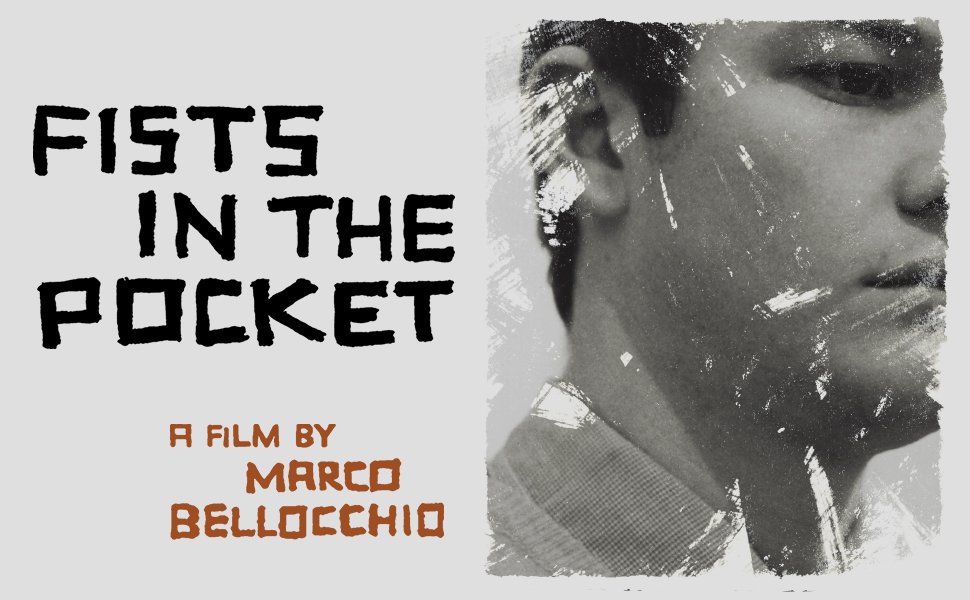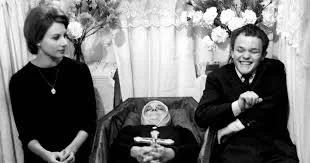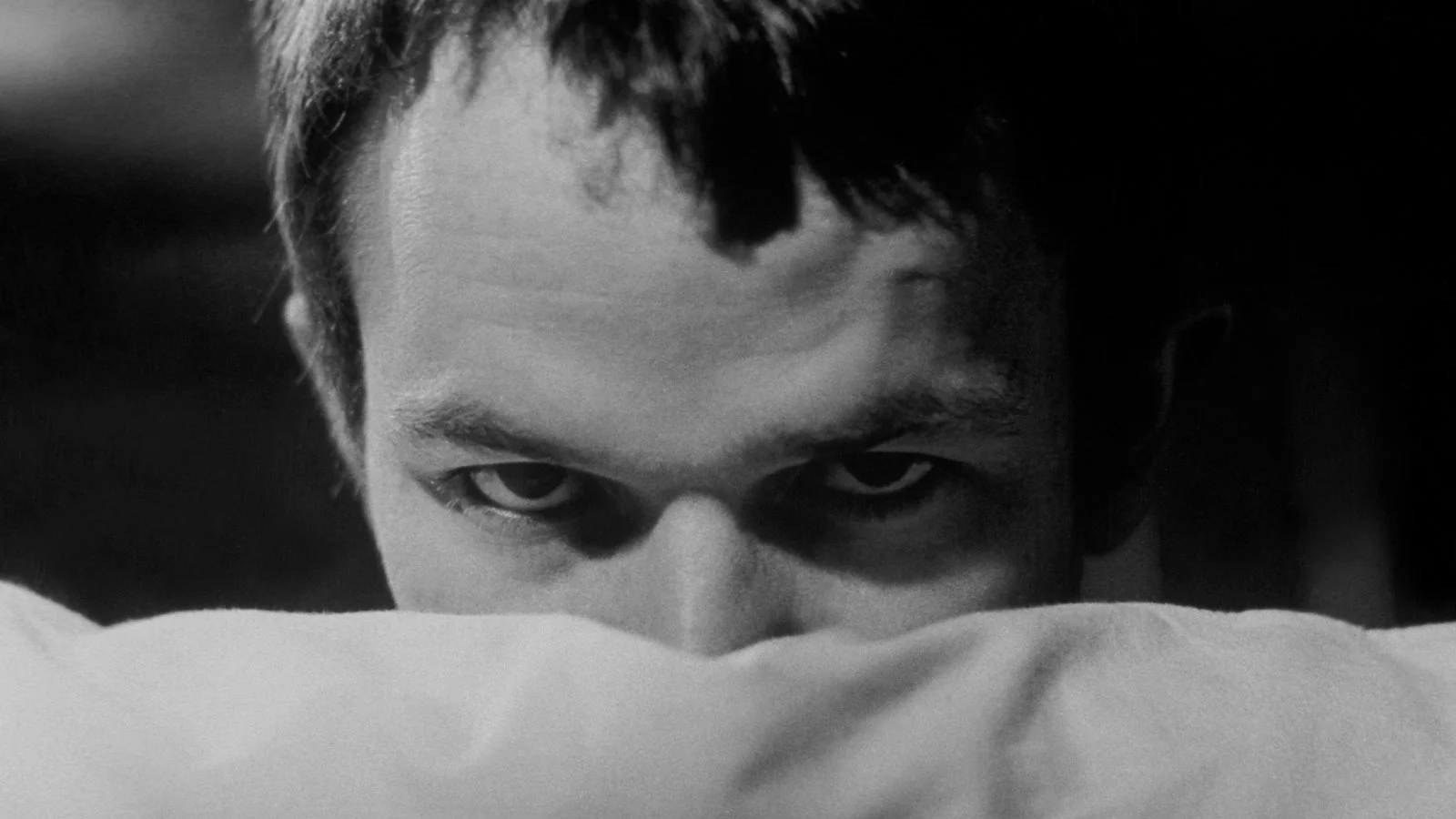UNSETTLED: Marco Bellocchio's FISTS IN THE POCKET (wri & dir by Marco Bellocchio, w/ Lou Castel, Italy, 109mns, 1965)
Italian 1960's landmark movie FISTS IN THE POCKET is one of those movies that's hard to figure out divorced from its time's context and deeper research into what made it such a lightning rod movie.
Watched as just a movie in 2025, it's unsettling and mysterious. What is Bellocchio trying to communicate in this unconventional story of an Italian family frustrated and unsatisfied?
The movie centers around possibly sociopathic Sandro, the middle brother of a mostly homebound Italian family, as he lusts after his sister, Julia, despises his blind pious mother and special needs younger brother, Leone, and idolizes his responsible if feckless eldest brother, Augusto.
Sandro comes to feel Augosto's voiced frustrations are akin to Henry II's "Who will rid me of this troublesome priest?" veiled pleas to his courtiers to help him kill the antagonistic archbishop Thomas Becket.
What’s so damn funny Sandro?!
And so Sandro first kills his mother then his special needs younger brother. Meanwhile Augosto and Julia grow aware on some level of Sandro's deeds yet feel ambivalent themselves.
It's a movie even more disturbing than the synopsis above. Lou Castel turns in an electric, unpredictable, live wire performance as Sandro who also has epileptic (I think?) seizures from time to time.
Is the movie meant to shock? Is it a provocative blasphemy against the family-pointing out how family can smother and stunt individual expression and ambition?
This writer read that Bellocchio's movie left his idol Luis Bunuel unmoved yet deeply impressed Italian iconoclastic director Pier Paolo Pasolini. And Pasolini's TEOREMA and FISTS IN THE POCKET share DNA as examinations of the Italian family as enforcers of the status quo, hypocrisy, etc that might need to be exploded from within.
Who knows what evil lurks in the hearts of men? Maybe nobody.
FISTS IN THE POCKET is not a glorification or celebration of Sandro. Neither is it a condemnation.
What may make it most unsettling is its refusal to be easily categorized as anything that could allow the viewer to categorize it. There's a jagged propulsive quality to the picture that refuses to be predicable yet stitches together in the end as a disturbing narrative and character study.
One senses Bellocchio may have been resolute in making sure nothing comes easy or gets spoon fed. Instead, this daring work asks uncomfortable questions and leaves you at the end of it-winded, shocked, bewildered-to sort out what you've just seen.
Craig Hammill is the founder.programmer of Secret Movie Club



